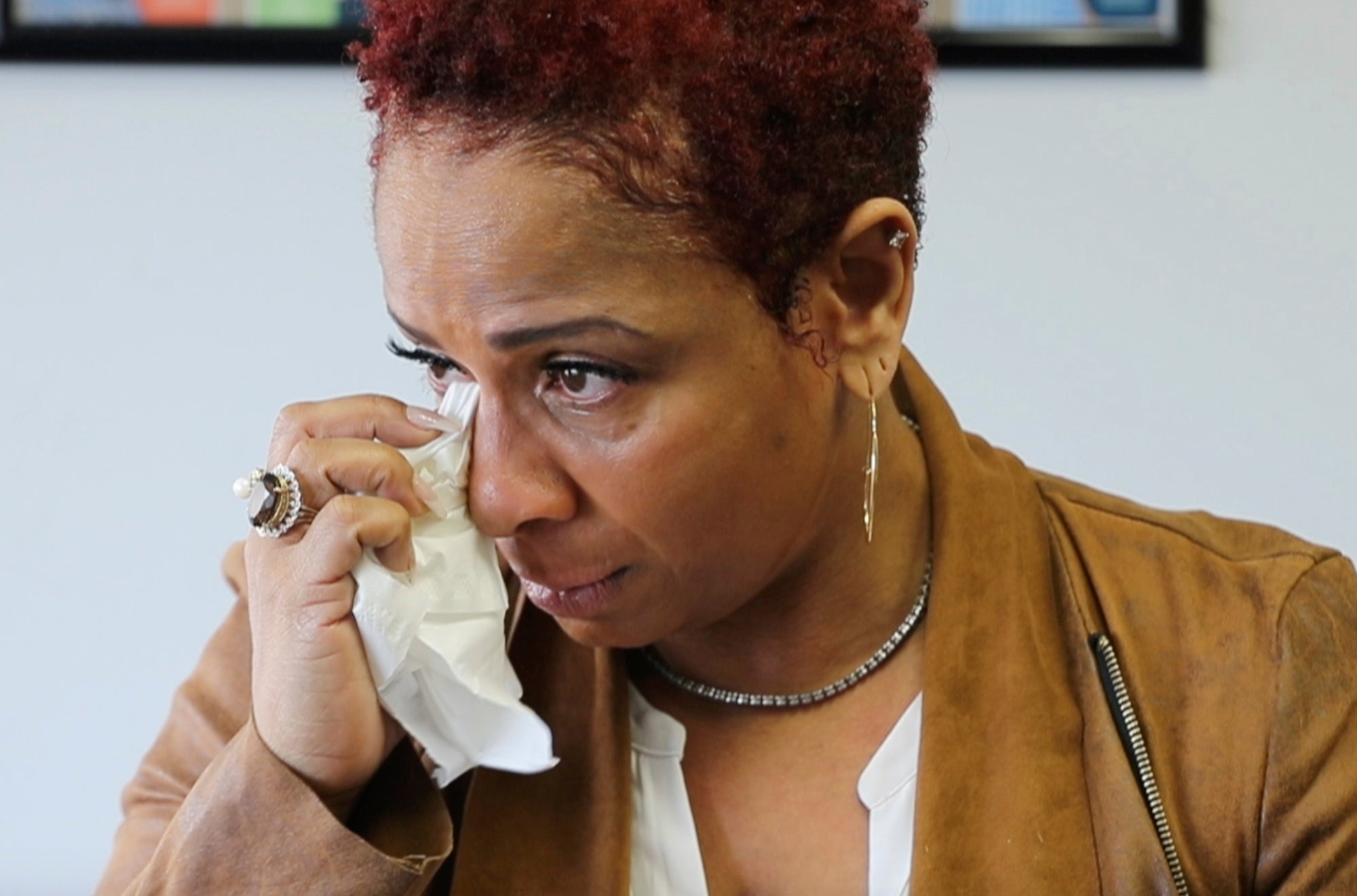Complaint alleges discrimination in woman's home appraisals
A Black Indianapolis homeowner alleges that the value of her home more than doubled after she removed items from her home that identified her race and asked a white male friend to sit in on her appraisal

A housing discrimination complaint filed by a Black Indianapolis homeowner alleges that appraisers' valuations of her home more than doubled after she removed items that identified her race and asked a white male friend to be there during an appraisal.
Carlette Duffy and the Fair Housing Center of Central Indiana filed complaints with the federal government, alleging appraisers violated fair housing laws. The appraisers, the complaints said, purposely used comparable sale prices that were unfair and racially motivated.
One appraiser named in the complaints denied discrimination played a role, while other people and companies involved in the appraisals did not respond to The Associated Press' requests for comment.
Duffy sought to take advantage of lower interest rates last year and refinance the mortgage loan for her home in a historically Black neighborhood just outside downtown Indianapolis, The Indianapolis Star reported.
She purchased the house for $100,000 in 2017 and expected it to be valued similar to her sister’s home in the same area, which was appraised at roughly $198,000 in 2019.
An appraisal conducted by CityWide and Jeffrey Pierce of Pierce Appraisal in spring 2020 valued her home at $125,000. A second appraisal conducted by Freedom Mortgage and Indianapolis-based appraiser Tim Boston of the Appraisal Network valued her home at $110,000.
A third appraisal — conducted after Duffy did not declare her race in her application and took down all family photos and African American art in her home — came back at $259,000.
“I had a lot of pushback from family, from friends, from friends in real estate who were like maybe that’s just the value of your home, you know — maybe you’re wrong, that there’s nothing nefarious occurring. This is just how things are," she told The Indianapolis Star. “I just felt like, no. Something else is happening here that we’re just not seeing.”
In a statement to the newspaper, Boston said: “My appraisal reports are data-driven. I could care less about culture or sexual orientation. It’s all about bricks and sticks and dirt.”
During her third attempt, Duffy communicated only by email with the appraisal company, which is not identified in the complaints. She also asked the white husband of a friend to sit in on the appraiser’s visit.
In the first two appraisals, comparable sales were pulled from Black neighborhoods more than a mile from Duffy’s home, rather than those nearby that were closer to the specifics of her house, said Fair Housing Center of Central Indiana Executive Director Amy Nelson.
In their complaints, Duffy and FHCCI asked the U.S. Department of Housing and Urban Development to investigate.
“I’m excited, vindicated, relieved, angry, extremely peeved since I can’t say the other expletives that were running through me at that point in time — destroyed that I had to go through all of that,” Duffy said. “This is real ... just being able to prove it is the hard part.”